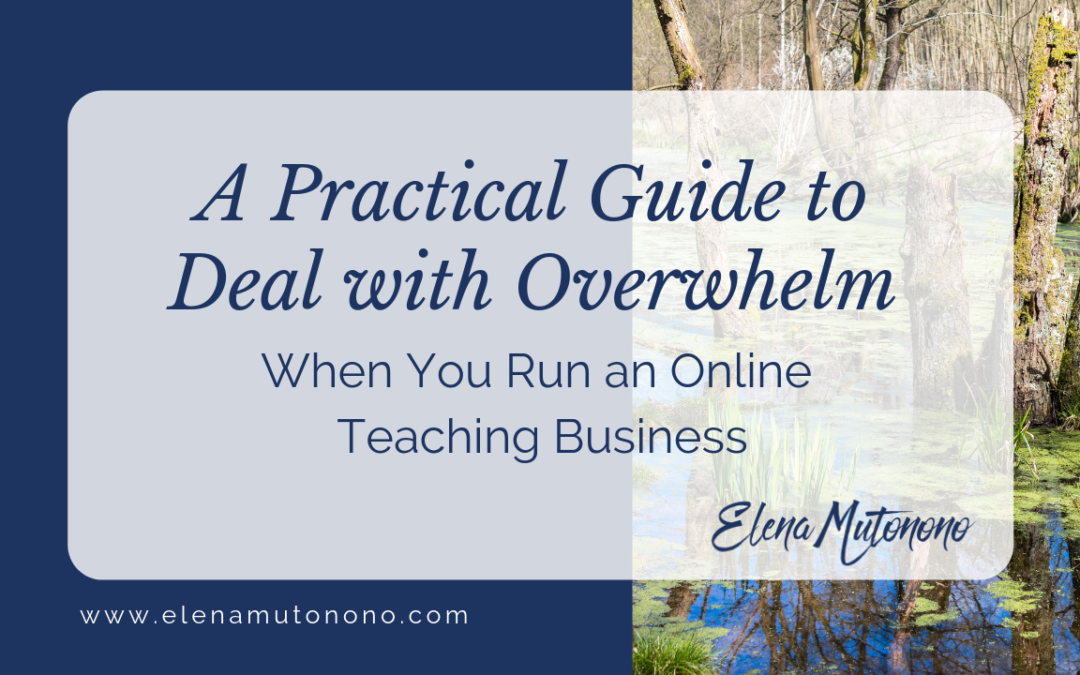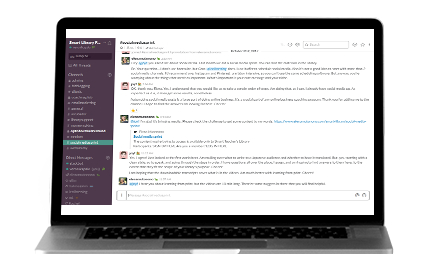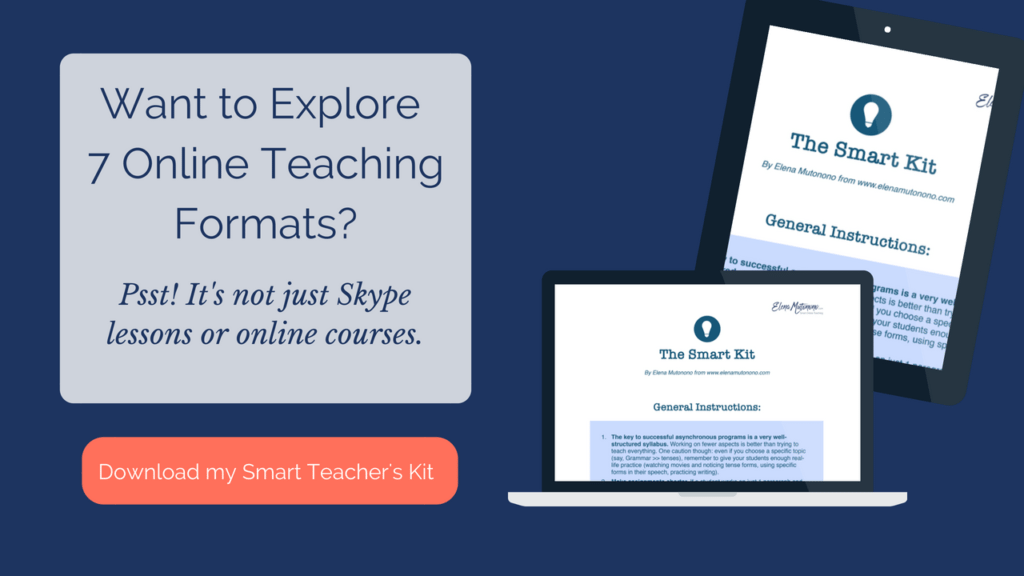Do you know that one of the definitions of the word “overwhelm“ is to be sucked into the swamp?
All my childhood I heard horror stories of people who were sucked into the swamps. Nobody was there to help them, and the swamp devoured them without a trace. The dread of not being able to feel the ground under my feet threw me into a panic mode.
Ironically, today I live in Louisiana — a state surrounded by swamp land. This reminds me of my childhood fears and now gives me a vivid picture of what overwhelm looks and feels like.
As online language teachers turned business owners, we know what overwhelm feels like firsthand, and we go through it on a daily basis. The moment you think you’ve got your business idea together, you feel stuck again because:
- You realize that building a website is a never-ending saga
- You feel like you’re “too niche”
- You feel like you’re “not niche enough”
- You can’t sell your online course
- You sold just 1 book but can’t keep selling 1 book consistently
- Your work doesn’t give you the results you want
- Your audience wants everything for free
- You can’t convince one person on your list to work with you
And the list goes on.
Overwhelm in the online teaching business sucks you in like the swamps. Learn how you can find your solid ground again.Click To Tweet
When you start an online teaching business, you’re in the swamp territory, though you may not realize it. I’m amazed at how on Monday I feel like I’m walking on solid ground, and by Friday I’m drowning (or vice versa).
No matter how grounded you are at one moment, you can be lost and doubtful in the next. Sometimes the change happens within a day or two, and the typical (and natural) response is to run away. Quit.
- “I’m not cut out for this.”
- “I hate social media anyway.”
- “A *real job* is better anyway.”
- “This doesn’t even look like a business.”
- “It’s more of a hobby.”
- “I can’t deal with all this pressure anymore.”
You might, in fact, shut your business down. But I find that many online teachers quit creatively instead by avoiding the issue and busying themselves with other “business-related” things.
- “I’m not cut out for this.” >> “So I’ll create an online course.”
- “I hate social media anyway.” >> “So I’ll just create more useful materials for my current clients.”
- “A *real job* is better anyway.” >> “So I’ll take down my website and just work for another website.”
- “This doesn’t even look like a business.” >> “So I’ll get an NLP certificate.”
- “It’s more of a hobby.” >> “So I may need to find another niche that won’t be a hobby.”
- “I can’t deal with all this pressure anymore.” >> “But I’ll deal with this on my own.”
What is your creative quitting strategy? Do you recognize yourself? Do you quit before you start anything? Before you try it out and give it some time?
Of course creative quitting is less painful than plain quitting — it’s your win-win! You no longer have to deal with the overwhelm, nor do you have to acknowledge that somehow you haven’t tried everything you could.
You just take a detour, and the detour takes a few months and maybe years.
After the months and years of hiding you are still more overwhelmed than ever. Doubt takes over, more information floods your brain, and the online world is nothing like you remember it to be.
Perhaps you’ve been overwhelmed for some time (without acknowledging it), but you refuse to quit. How do you get back into your lane?
Here are some strategies I’ve found helpful.
#1: Stop researching and just talk to someone about your situation.
By “someone” I mean someone who gets it. Sharing with cousins, friends and spouses is optional, and anyway they’ll be thankful if you don’t bore them with all of your “lead generation” endeavors.
Share with a community of people who share your values, your goals, and who really know what you’re going through. There are options here:
- An appropriate Facebook group (I see some brave souls doing it, but you never know who’s there and who understands your business).
- A paid community of like-minded individuals who are on the same journey as you (this requires both time and money investment, and you will always get what you put into it).
Join a mastermind — a group of people who meets on a regular basis to talk business — but I encourage you to work with the people in your industry.
#2: Help others.
I find a lot of joy in helping others get unstuck, and I believe the more I give away the easier the journey gets for me. When you are in a community, not only do you receive support and feedback, you give help to others and that alone will make your burden lighter.
“Oh, but how can I help?” Here are some ideas:
- Show up and listen. Comment and acknowledge that people are not alone.
- Encourage them the way you would like to be encouraged.
- Share resources/thoughts with others, even if they seem insignificant.
By helping others you’re helping yourself. I have no idea how that happens, but it happens every time I do it. That’s why I’m a believer in communities, that’s why I show up in ours every day and answer questions.
Helping others is more time-consuming than getting help yourself because you have to show up not only when you have issues. But the tradeoff is worth it. I’ve discovered that people who are involved in a community have better stress-resilience and persevere longer than those who ostracized themselves.
#3: Stay accountable for the small steps.
It’s easy to look at someone else’s website and be envious. It’s harder to take small and consistent steps to make changes to yours. Small steps are humble and almost invisible. You get frustrated and overwhelmed with how much there is still to do.
Stay focused on the small steps and stay accountable: let people know what you plan to do and tell them when you complete it. Give yourself deadlines and let others know how you’re meeting them.
In our community, for instance, there are simple co-working sessions, group coaching opportunities, book clubs, individual coaching and accountability check-ins and monthly challenges.
There are short and actionable tutorials that will help you build your website within a few days, here’s what David said this week:

And Inés Ramos was able to put together her gorgeous website in a matter of weeks.
We all want big moves and amazing stories, but they are just highlights and outcomes of long journeys we take daily, doing small, invisible behind-the-scenes work. Without accountability the small things will cease, and you will never arrive at outcomes.
Where do you go from here?
You may be overwhelmed gathering all the “big-guru” advice over the internet. You may have tried a million of techniques and you’re not sure anything new will work.
But maybe this post gives you hope. Maybe you feel like you can still give it a try, you can do something small every day (that’s not as scary) and then at the end of 2019 you’ll look back and see your real business in the making.
So I invite you to step into your overwhelm like a boss and cut through it. Stop endless webinars, research and other creative quitting strategies and decide whether a) you want to quit for real, or b) you’re going to grind through the tough times.
If your heart chooses “b” I want to invite you to join our community of online language teachers and make small steps towards your goals.
You can also take the time to find your like-minded individuals in free Facebook groups by asking questions, participating in discussions and sharing what you already know. Our Facebook group is a place to start if you wish to focus on growing your online language teaching business.
And of course you can ask your questions or share your insights in the comments below.
The post was updated in April, 2021.




 Welcome to my nook where *Big Magic* happens. My name is Elena Mutonono, I help small business owners package their services as digital products and sell them online. I want you to work smarter, not harder. Increase your impact beyond your current face-to-face clients. Grow your business as you reach more people all over the world.
Welcome to my nook where *Big Magic* happens. My name is Elena Mutonono, I help small business owners package their services as digital products and sell them online. I want you to work smarter, not harder. Increase your impact beyond your current face-to-face clients. Grow your business as you reach more people all over the world.








Aww, thank you for sharing my website! I wouldn’t have made it without your help. At least, it’d have taken me twice as long.
Thank you, Ines! It’s inspiring to see your progress 😉